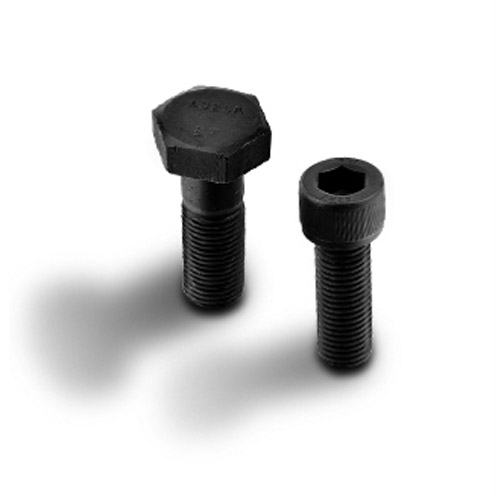gasoline hose
Oct . 31, 2024 04:33 Back to list
gasoline hose
Understanding the Importance of Gasoline Hoses
Gasoline hoses play a crucial role in the transportation and delivery of fuel, making them an essential component in various industries, including automotive, aviation, and manufacturing. These hoses are specifically designed to handle the rigorous demands of transferring gasoline and other petroleum products, ensuring safety, efficiency, and reliability.
One of the most important features of gasoline hoses is their resistance to petroleum-based fuels. They are often constructed from durable materials such as reinforced rubber or thermoplastic elastomers, which can withstand the corrosive nature of gasoline. This resistance helps prevent degradation and leaks, reducing the risk of hazardous spills or accidents. In addition, gasoline hoses are typically fitted with fittings and connectors that maintain a secure seal, further enhancing their safety profile.
The design of gasoline hoses includes considerations for temperature fluctuations and pressure variations. Gasoline can expand and contract with changes in temperature, which means that the hoses must be able to accommodate these shifts without losing structural integrity. Moreover, they must be able to handle the pressure of pumping gasoline from storage tanks to vehicles, requiring a robust construction that can endure high pressure without bursting or leaking.
gasoline hose

In addition to safety and durability, gasoline hoses must also comply with industry regulations and standards
. Various organizations, including the American Society for Testing and Materials (ASTM) and the Underwriters Laboratories (UL), establish guidelines to ensure that gasoline hoses meet specific performance and safety criteria. Compliance with these standards is crucial for manufacturers and end-users alike, as it ensures that the hoses are fit for their intended purpose and reduce potential liabilities.Another critical aspect of gasoline hoses is their maintenance and inspection. Regular checks are necessary to identify signs of wear and tear, such as cracks, kinks, or soft spots. Neglecting these inspections can lead to catastrophic failures, resulting in fuel leaks or hazardous spills. Proper storage and handling of gasoline hoses can significantly extend their lifespan, allowing for safe and efficient fuel delivery over time.
In recent years, innovations in materials and technology have further improved the performance of gasoline hoses. Advances in synthetic materials and manufacturing processes have led to hoses that are lighter, more flexible, and even more resistant to environmental factors. This not only enhances their usability but also contributes to overall operational efficiency.
In conclusion, gasoline hoses are indispensable for the safe and effective transfer of fuel. With their robust construction, compliance with strict regulations, and ongoing advancements in technology, they ensure that the fueling process is both efficient and secure. As industries continue to evolve, so too will the designs and capabilities of gasoline hoses, reinforcing their importance in today's economy.
Latest news
-
Refrigeration Hose-HEBEI KEMO|Low Permeability&Pulse Resistance
NewsAug.12,2025
-
Refrigeration Hose-HEBEI KEMO AUTO PARTS TECHNOLOGY CO., LTD
NewsAug.12,2025
-
Refrigeration Hose - HEBEI KEMO AUTO PARTS TECHNOLOGY CO., LTD|Low Permeability&Ozone Resistance
NewsAug.12,2025
-
Durable AC Pressure Hose for Reliable AC System Repair
NewsAug.12,2025
-
Refrigeration Hose-HEBEI KEMO AUTO PARTS TECHNOLOGY CO., LTD|Low Permeability,Pulse-Resistance
NewsAug.11,2025
-
Refrigeration Hose-Hebei Kemao|Industrial Applications&Automotive Systems
NewsAug.11,2025
